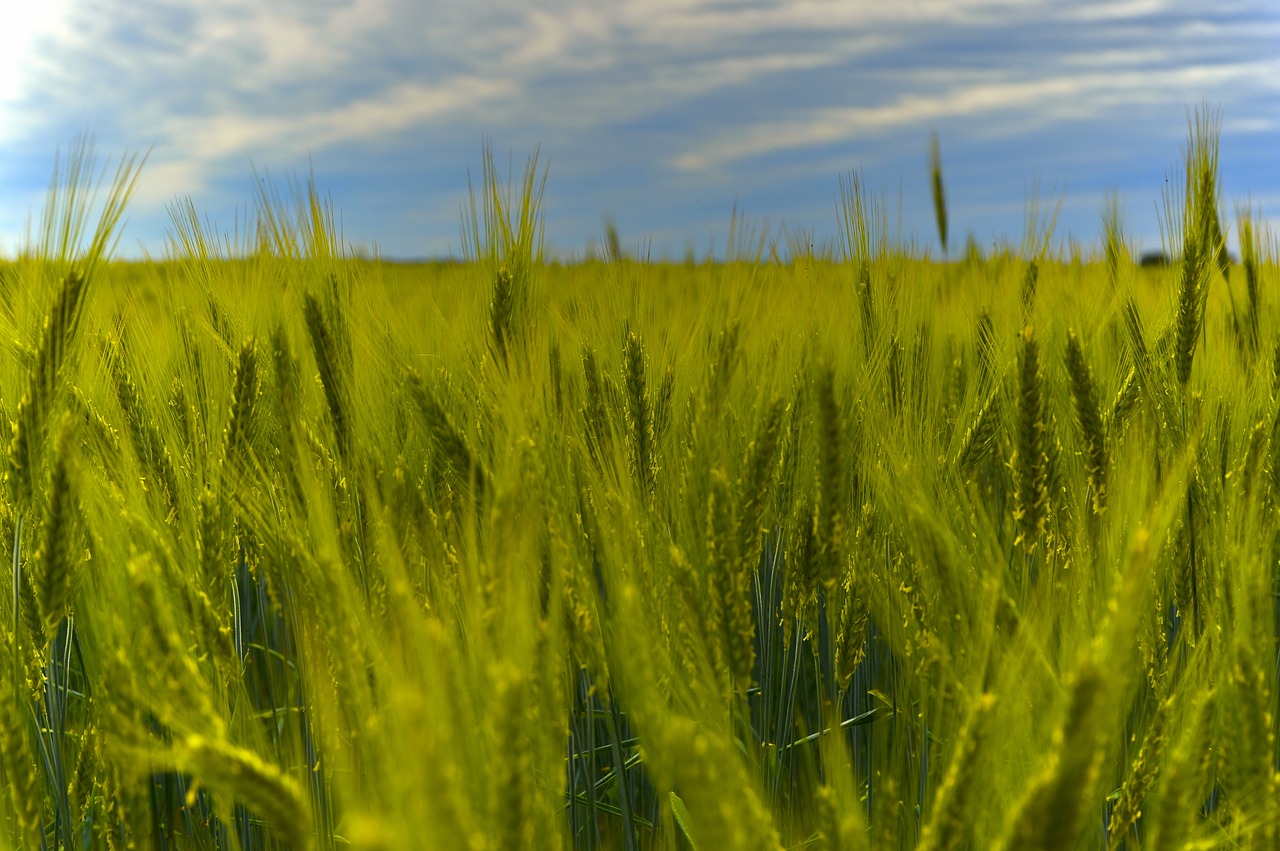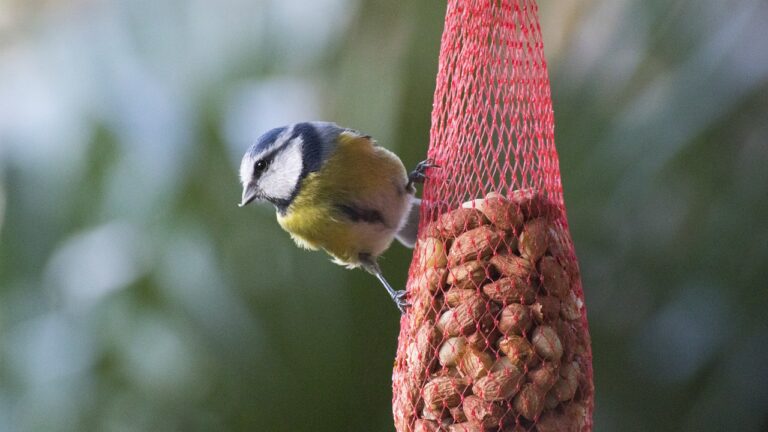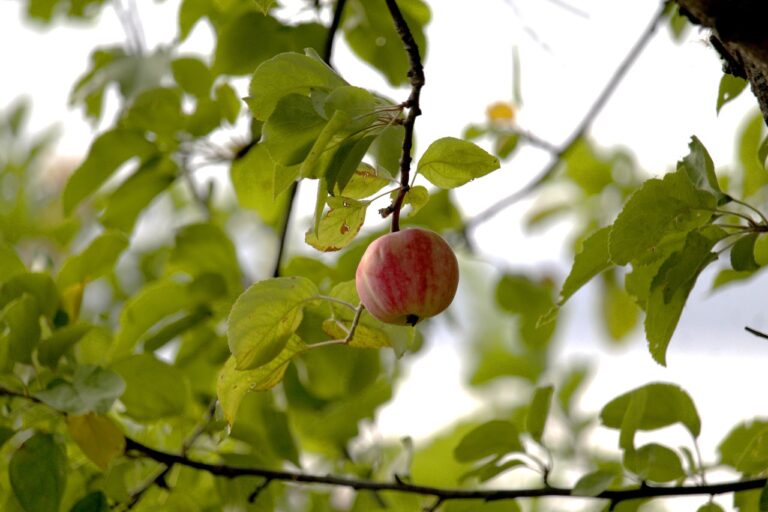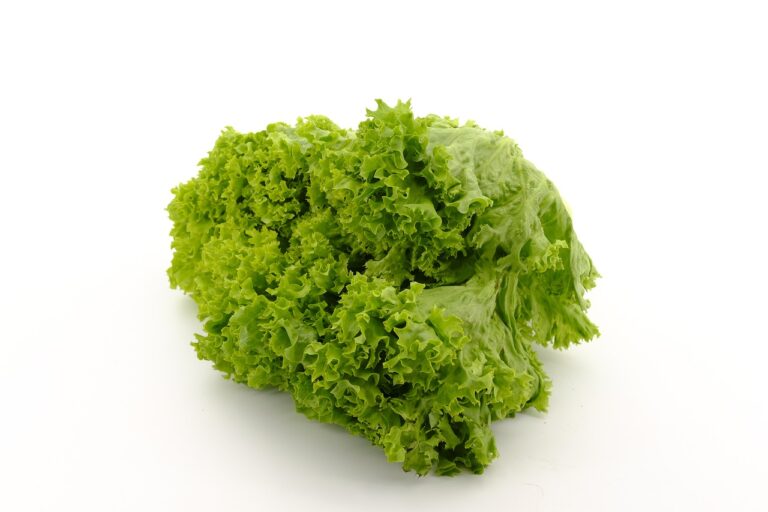The Rise of Edible Insect Farming
Edible insect farming offers numerous advantages both in terms of sustainability and nutrition. Insects require significantly less land, water, and feed compared to traditional livestock farming, making them a more sustainable protein source for a growing global population. Furthermore, edible insects are a rich source of nutrients such as protein, healthy fats, vitamins, and minerals, making them a valuable addition to diets that may be lacking in essential nutrients.
In addition to their nutritional benefits, edible insects can also provide economic opportunities for farmers. Insect farming is relatively low-cost and low-maintenance compared to traditional livestock farming, making it a viable option for small-scale farmers looking to diversify their income streams. Moreover, there is a growing demand for edible insects in various industries such as food, pharmaceuticals, and cosmetics, presenting farmers with the opportunity to tap into new markets and expand their businesses.
Types of Edible Insects commonly farmed
With the rise in popularity of edible insect farming, there are several types of insects that are commonly cultivated for human consumption. One of the most widely farmed edible insects is the mealworm, which is rich in protein and can be used in a variety of dishes such as cookies, breads, and even as a snack on its own. Mealworms are easy to rear and have a mild, nutty flavor that makes them versatile for culinary purposes.
Another popular choice for edible insect farming is the cricket, known for its high protein content and sustainable growth. Crickets can be incorporated into various dishes like burgers, energy bars, or even as a crunchy topping for salads. Their nutty and slightly earthy flavor profile offers a unique taste experience for those looking to add alternative protein sources to their diet.
What are some benefits of edible insect farming?
Some benefits of edible insect farming include high nutritional value, low environmental impact, and economic opportunities for farmers.
What are some types of edible insects commonly farmed?
Some types of edible insects commonly farmed include crickets, mealworms, grasshoppers, and black soldier flies.
Are edible insects a sustainable food source?
Yes, edible insects are considered a sustainable food source due to their high reproduction rate, low resource requirements, and minimal environmental impact compared to traditional livestock.
How do edible insects compare to traditional meat sources in terms of nutrition?
Edible insects are often higher in protein, vitamins, and minerals compared to traditional meat sources, making them a nutritious alternative.
Are there any health risks associated with consuming edible insects?
As long as edible insects are farmed and prepared properly, there are minimal health risks associated with consuming them. However, individuals with shellfish allergies should be cautious, as some edible insects may trigger similar reactions.







